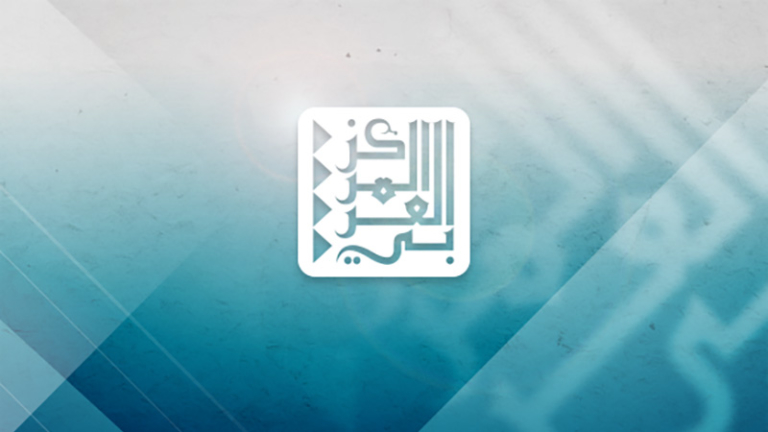
In recent weeks, the Assad regime and its supporters have subjected the Damascus suburb of Eastern Ghouta to one of the most violent attacks of the seven-year Syrian civil war. The region, home to about 400,000 inhabitants, has been under siege for more than five years; however, the recent shift in Syria’s internal military balance of power has intensified the onslaught on the area to the level described by Prince Zeid bin Ra’ad, the UN High Commissioner for Human Rights, as “a monstrous campaign of annihilation.”
The United Nations and independent humanitarian organizations report that the city has been hit by 420 airstrikes, 140 barrel bombs, 1,520 rockets, and 880 shells fired by Syrian ground forces—this week alone. The human toll has been staggering: over 350 reported dead and 1,500-2,000 injured. Physicians Without Borders announced that 13 of their clinics and hospitals have been destroyed.
Yet, despite the magnitude of the massive and calculated destruction leveled at the city and its residents, the international community has remained morally and politically paralyzed and unable to enforce an end to these war crimes. Similar to when Roman Emperor Nero fiddled while Rome burned to ashes, the UN Security Council has debated endlessly while Eastern Ghouta was blown to smithereens. The UN Security Council also failed to agree on a basic resolution calling for a 30-day ceasefire to allow the distribution of humanitarian supplies to the civilian population.
While acknowledging the severity of the situation, one politician after another has engaged in semantic acrobatics with little or no tangible results. UN Secretary-General António Guterres pleaded before his colleagues in New York to end the “hell on earth” in Ghouta. British representative Stephen Hickey stated that the suffering of civilians in Syria “brings shame on all of us.” French Ambassador François Delattre described conditions in Ghouta as “unbearable,” warning that inaction could become “the grave of the United Nations.” To add insult to injury, Russian Ambassador Vasily A. Nebenzya dismissed his colleagues’ concern, accusing the world community of suffering from “massive psychosis” based on disinformation and propaganda by the global fake media.
As far as the victims of Eastern Ghouta are concerned, the United Nations has indeed become a moral grave!

